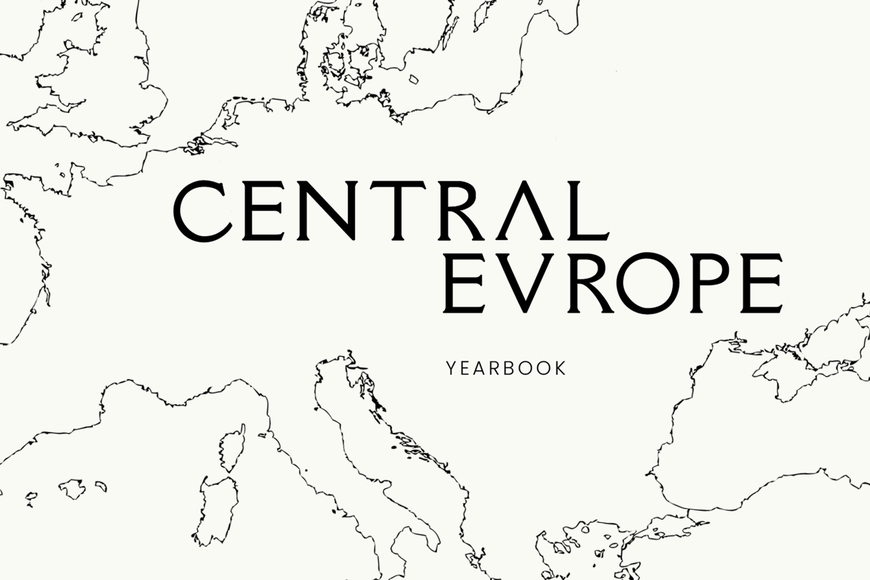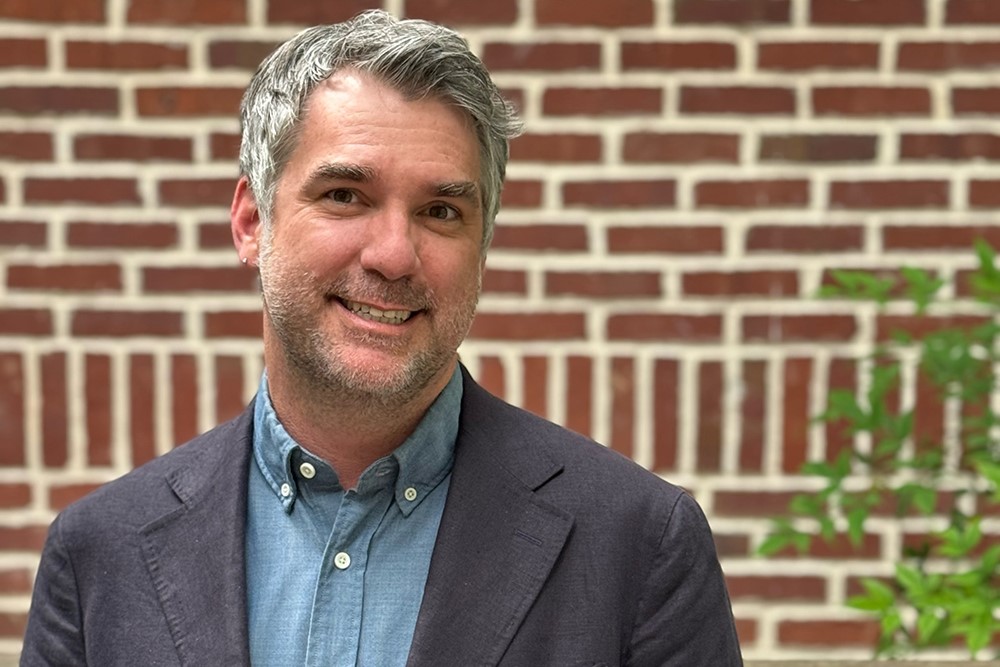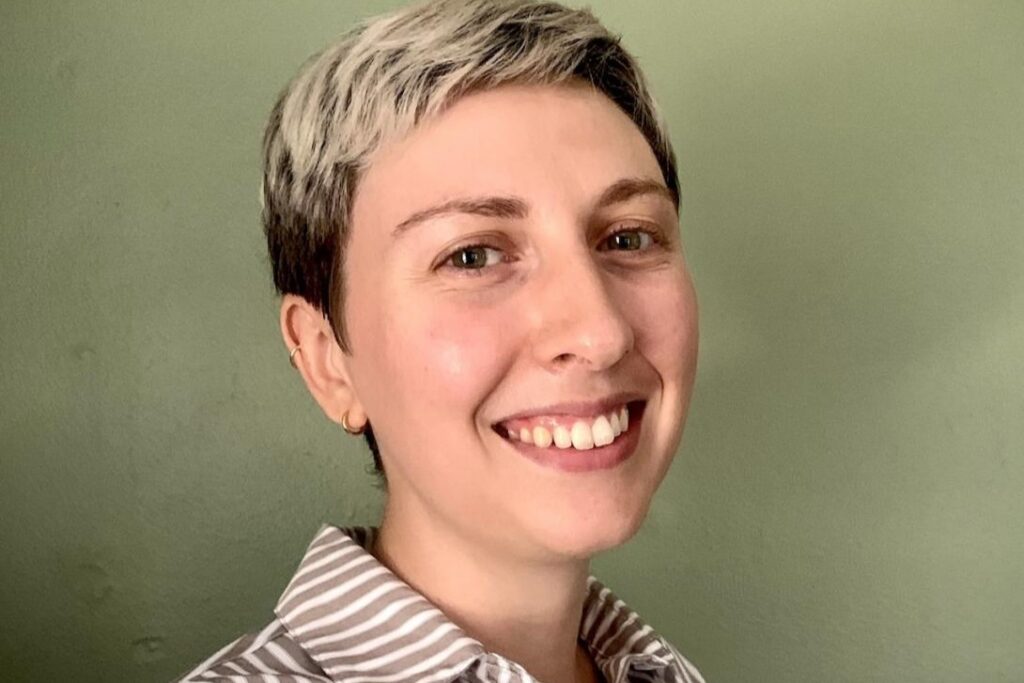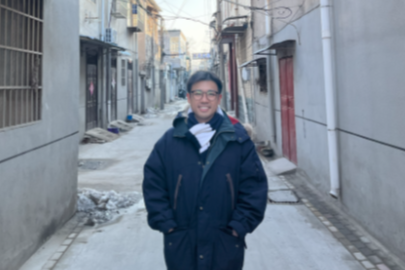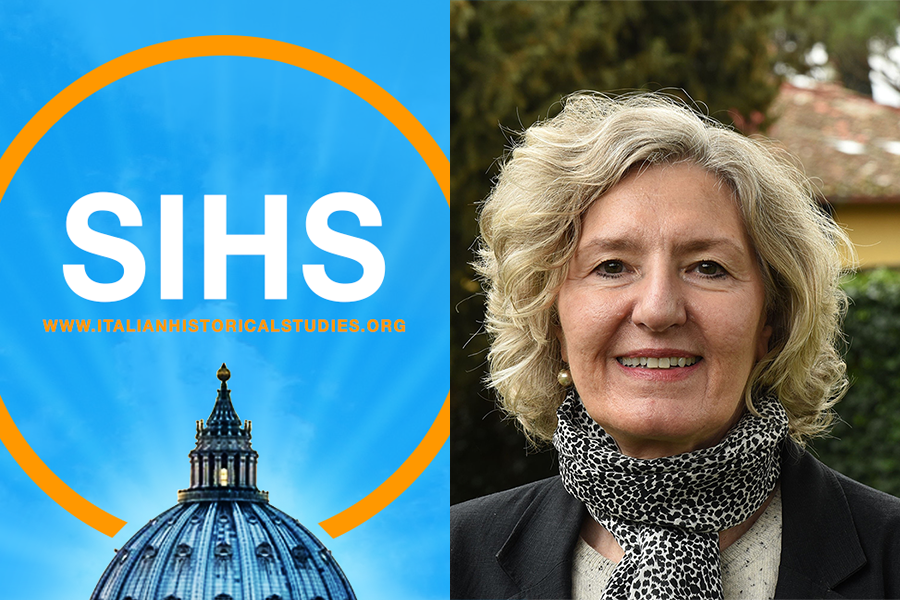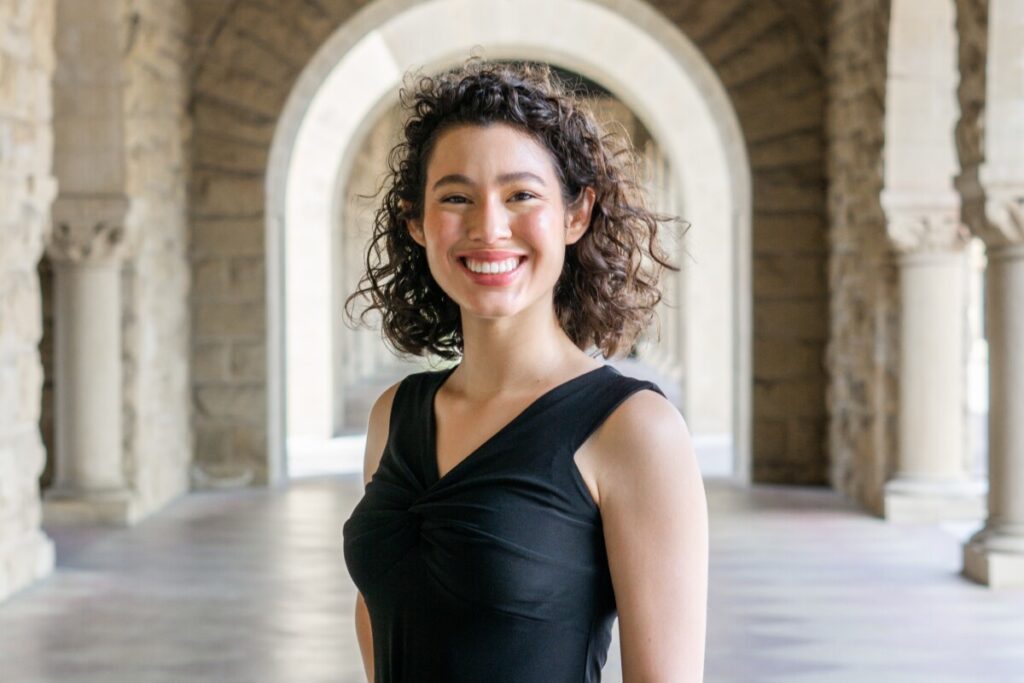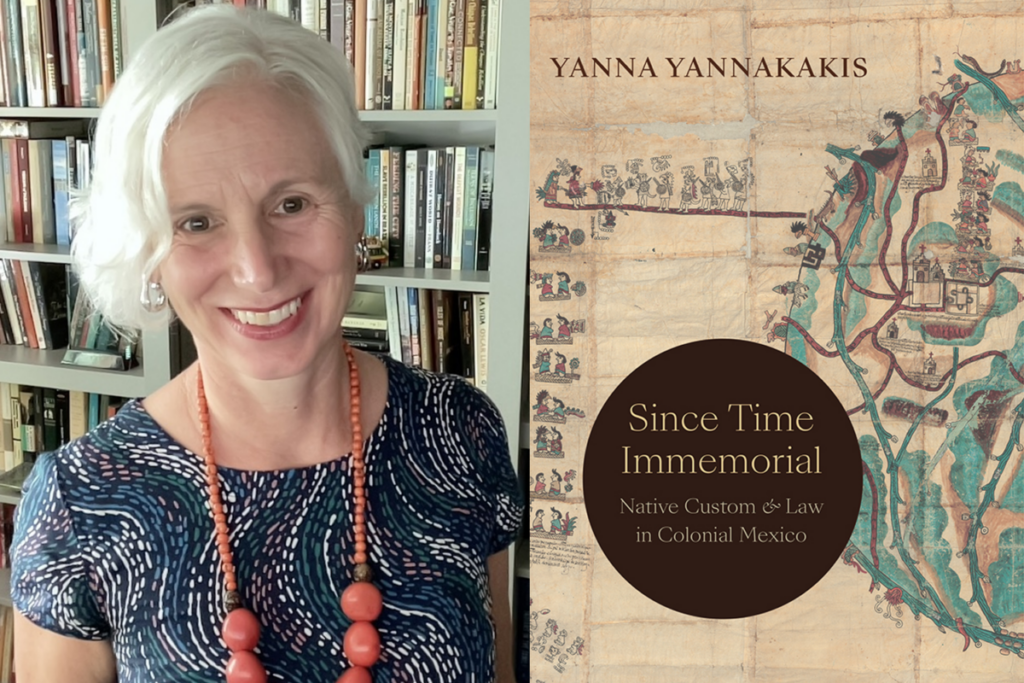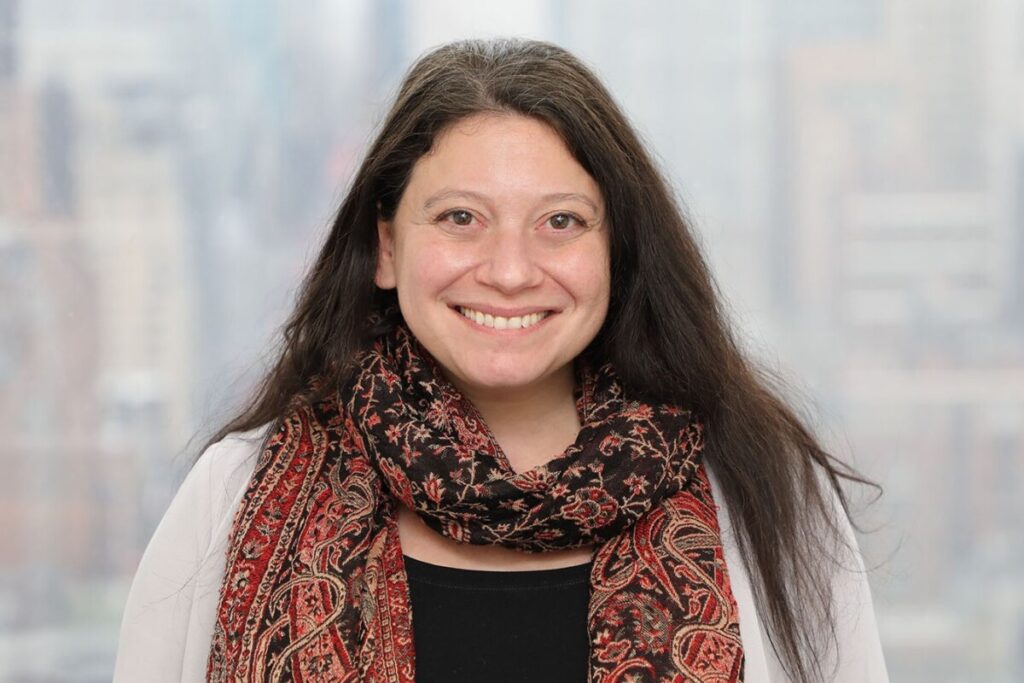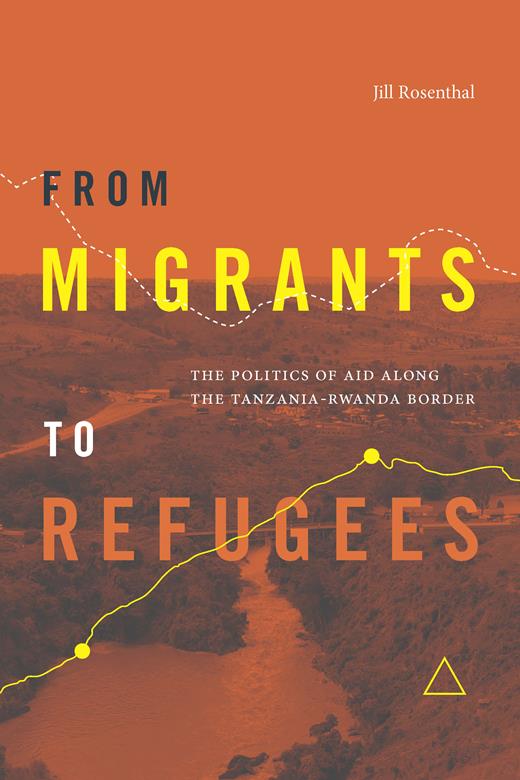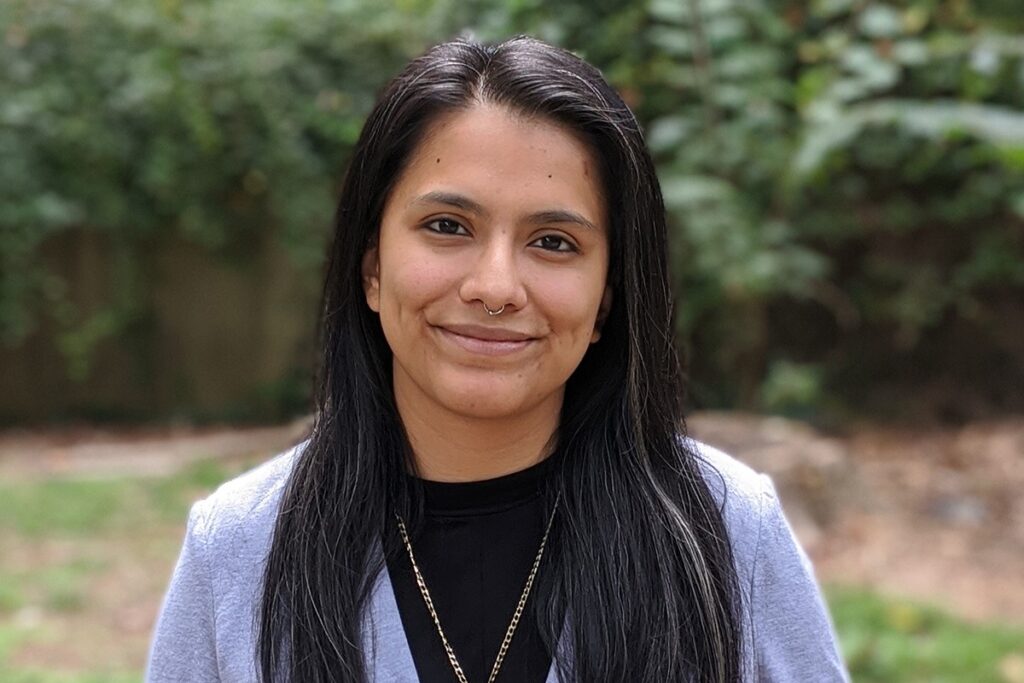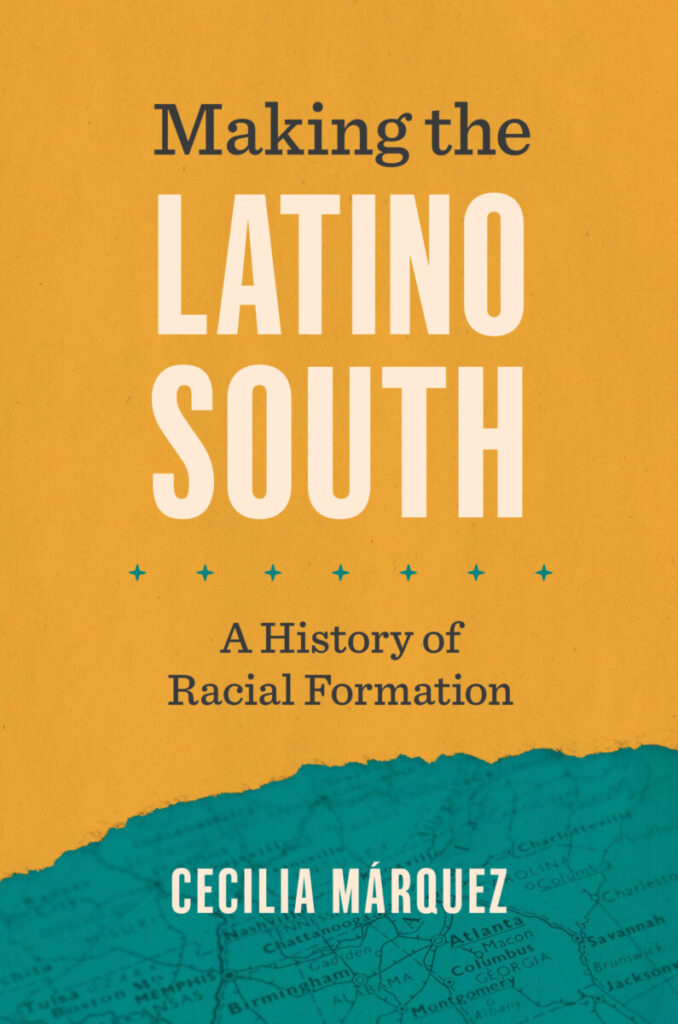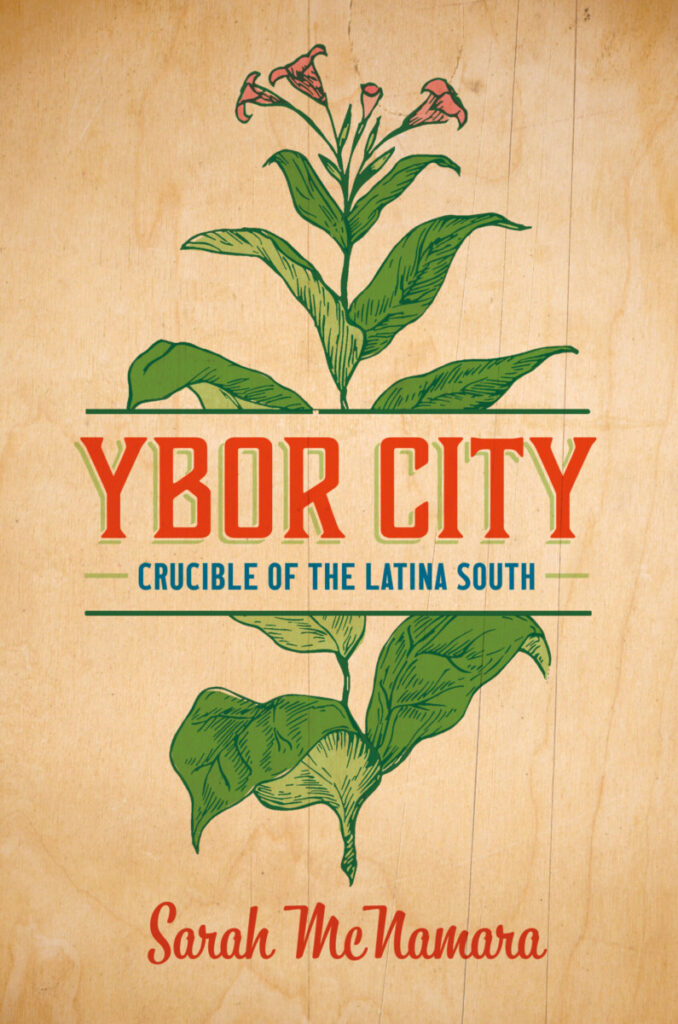
Six undergraduate honors students from the Emory History Department have spent the past year conducting original research as part of the 2024-25 cohort of Undergraduate Humanities Honors Fellows at the Fox Center for Humanistic Inquiry. These fellows will present their work at the upcoming Undergraduate Honors Fellows’ Colloquium. The event will take place in Ackerman Hall, on the third floor of the Michael C. Carlos Museum, on April 9 from 1-4 pm with a reception to follow.
Read the fascinating titles of their presentations below and learn more about their research here.
- Emilyn Hazelbrook, “Premeditated but Not Guilty: The Rise and Fall of the Battered Woman Legal Defense”
- Klaire Mason, “From Reform to Repression: Putin’s Third Term and the Making of an Authoritarian State”
- Alex Minovici, “Sînge și Spaimă: The 1989 Revolution and the Politics of Violence in Socialist and Post-Socialist Romania”
- Adelaide Rosene, “Shadows of Exclusion: A Sundown Town’s Possessive Legacy in Wisconsin (1895-1970)”
- Mercedes Sarah, “Keeping ‘Togetherness’: A Me-Wuk Family History of Mothers, Women, and Matriarchs in 20th-Century California”
- Charlotte Weinstein, “The Sounds of Dissent: Czechoslovak Punk Rock From Communism to Democracy”

